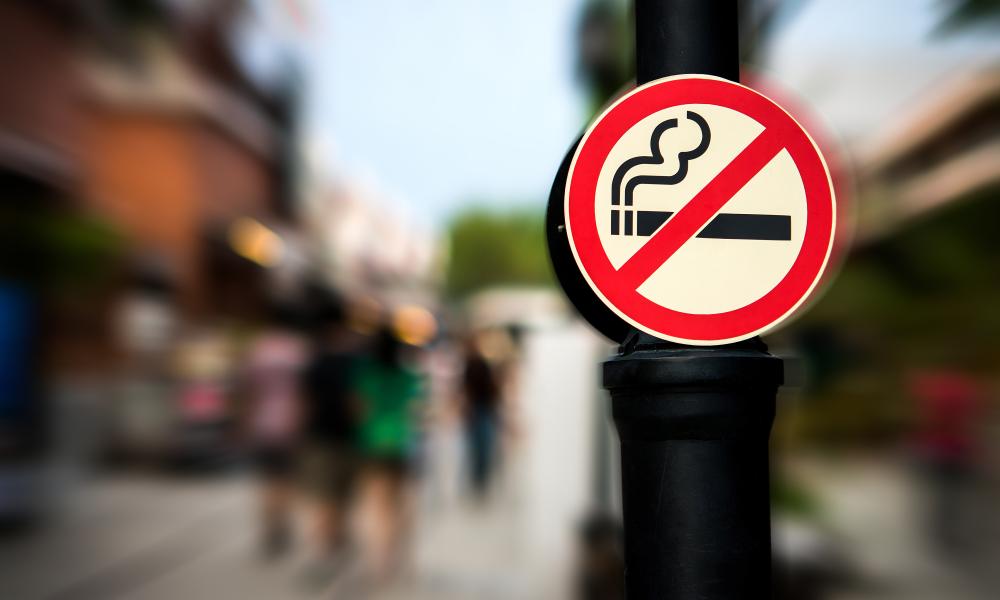
National No Smoking Day, February 17th
WHILE significant progress has been made to protect the population from the harms caused by smoking, tobacco remains the leading cause of preventable death in Ireland – according to the Institute of Public Health.
The Institute – which informs public policy to support healthier populations in Ireland and Northern Ireland – says the level of deaths, disease and disability related to tobacco is still a significant challenge.
Every week smoking causes 100 deaths and over 1,000 hospital admissions in Ireland. One in every two people who smoke will die from a tobacco-related disease. A person who smokes can also expect to lose 10 years of life.
This National No Smoking Day (Wednesday, February 17) people who smoke are encouraged to take on the HSE’s 28-day no smoking challenge in March. Research shows that most people who smoke want to quit (79%), and you are more than twice as likely to succeed with support.

Dr Helen McAvoy from the Institute of Public Health says the ongoing inequality of tobacco-related harms is a concern.
Dr McAvoy said: “Most people who smoke start before the age of 18 and as tobacco is highly addictive, a significant proportion of young people will continue smoking into adulthood with devasting health consequences. There are still real challenges, including the inequity in the harms caused by tobacco. We know that people who are socioeconomically disadvantaged are more likely to smoke. In deprived communities in Ireland, the daily smoking rate is 21% compared to 9% in affluent communities. Children who are disadvantaged are more likely to live in households with adults who smoke and are at greater risk of exposure to second-hand smoke. By continuing our efforts in developing policies and legislation to reduce the prevalence of smoking in Ireland, we can make tobacco addiction a thing of the past and improve the health of the population.”
Dr McAvoy added that the COVID-19 pandemic measures have affected people who smoke in different ways.
Dr McAvoy said: “We know that smokers experiencing psychological distress or mental ill health may be more vulnerable to smoking more at this time. Other people are using the opportunity to quit while away from socialised smoking environments. There has never been a better time to stop smoking.”
The HSE QUIT service provides personalised, free support by phone, email, SMS and live chat. Smokers can free call 1800 201 203 or visit www.QUIT.ie for stop smoking tips and resources, a free QUIT Kit, and to create a QUIT Plan. Peer-to-peer support is available on the QUIT Facebook Page www.facebook.com/HSEQUIT or on Twitter at HSE QUIT @HSEQuitTeam #TheLastStop #QuitandWin
Key facts:
- Smoking prevalence has decreased from 23% (2015) to 17% (2019).
- 17% of the population are current smokers. 14% smoke daily and 3% smoke occasionally.
- 19% of men smoke, while 16% of women smoke.
- 40% of current smokers have made a quit attempt in the past 12 months.
- The World Conference on Tobacco or Health is hosting a Leadership Summit on Tobacco Control from 6-7 May 2021. Register here.


